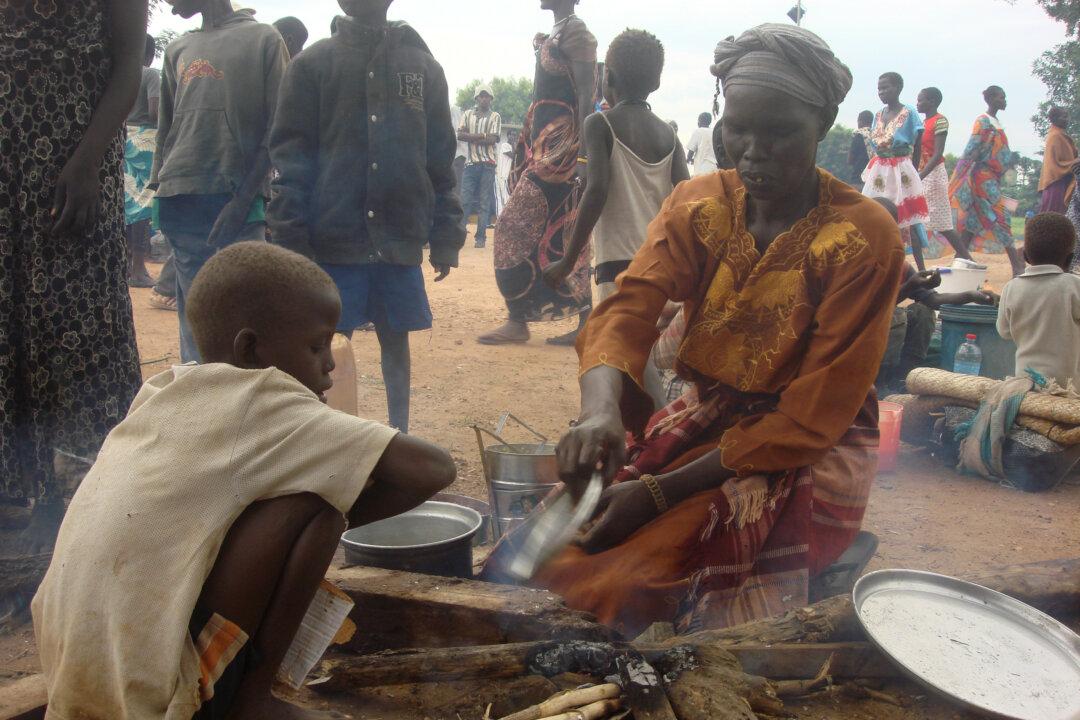I started traveling to Africa on public health-related missions at the beginning of the 1980s. From the beginning, Africa caught my interest and my imagination. It is, after all, the continent where my father was born—when my Lebanese grandfather went to work providing food to miners in Transvaal. In 1981, I started going on public health missions to many countries worldwide. Going to Africa was particularly interesting to me, since it allowed me to go to places and see situations that no tourist normally sees.
From the beginning I realized that there are two Africas: one normally portrayed in the media, a land of poverty, disease and war; and the other, a vital, energetic continent of hardworking men and women, a continent of beautiful children and young men and young women, a continent of humor and a continent of hope.
Today six of the 10 fastest growing economies in the world are in Africa. However, despite progress important problems remain such as youth unemployment. It is estimated that 70 percent of the population in Sub-Saharan Africa is under the age of 30 and that 60 percent of the unemployed are also young people.
New policies should be developed to incorporate them into the labor force. To achieve that, it is important to provide them with the basic skills that would enable them to live up to their earning potential. UNESCO and the International Labor Organization (ILO) have recommended that governments, international donors and the private sector develop integrated policies to create jobs for young people and ease the transition from school to work.
The emigration of professionals and young people has had a deleterious effect on the economies of African countries. Dr. Lalla Ben Barka, from the U.N. Economic Commission for Africa (ECA) said, “In 25 years, Africa will be empty of brains.” Some facts support his assertion: since 1990, Africa has been losing 20,000 professionals annually; over 300,000 professionals reside outside Africa; there are more African scientists and engineers in the U.S. than in the entire African continent. According to the United Nations, “emigration of African professionals to the West is one of the greatest obstacles to Africa’s development.”
In the health area, although considerable progress has been made in the fight against HIV/AIDS (South Africa will become the first African country to fully manage its HIV care and treatment program in a few years), other challenges remain. It is estimated that more than two million children under five are HIV-positive, and there are more than 12 million AIDS orphans placing social services under enormous stress.
HIV/AIDS, however, is not the only concern. The recent Ebola epidemic underscored the shortage of doctors and the weakness of the health infrastructure in several of the affected countries. On the positive side, and thanks in great part to foreign aid to combat the epidemic, basic health services in several countries have considerably improved.




